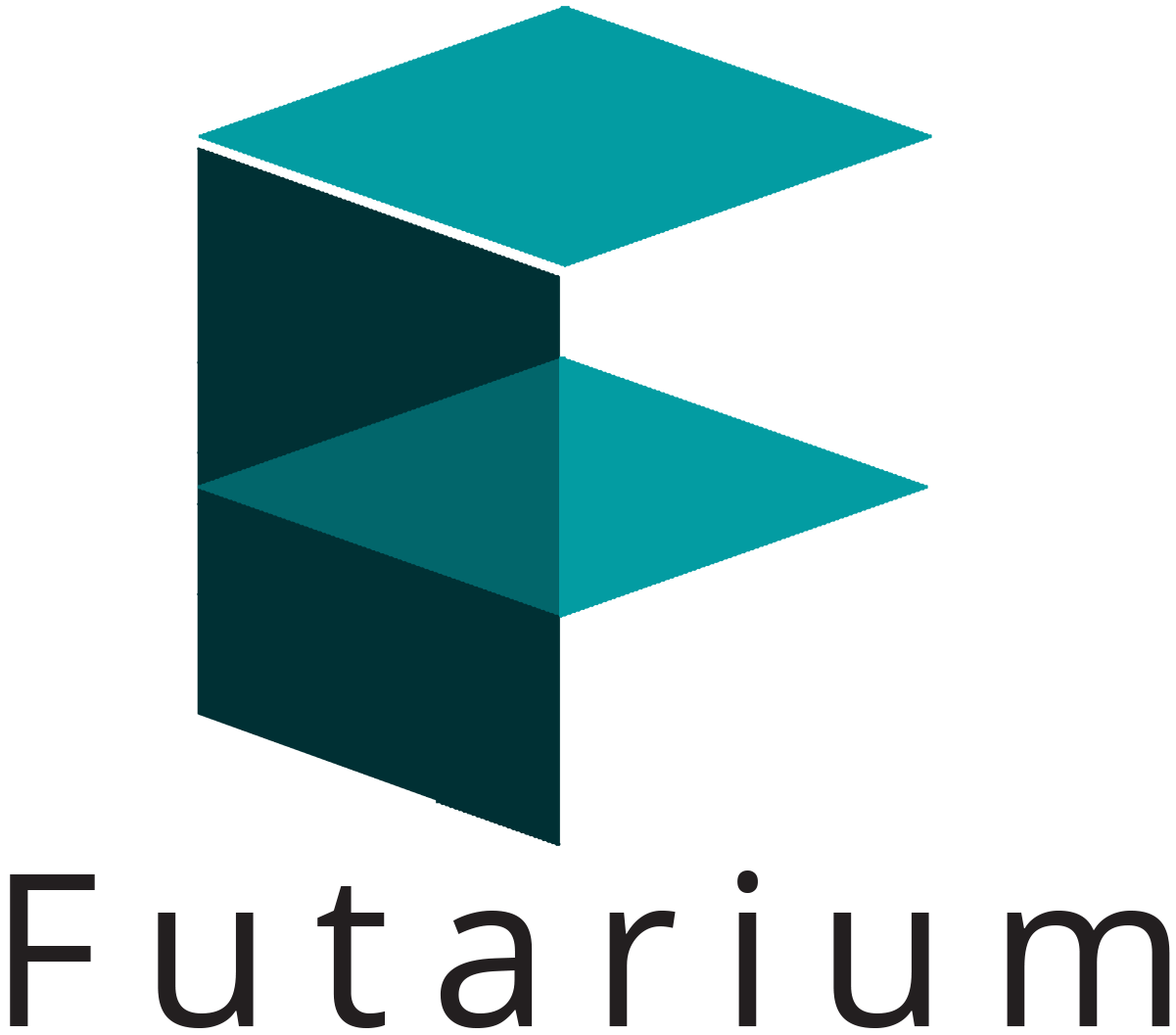Blockchain technology is starting to have an impact on the education sector in a number of ways. Some ways in which blockchain is affecting the education sector include:
- Decentralized and secure record-keeping: Blockchain technology is being used to create decentralized and secure systems for storing and verifying educational records and credentials. This can help to reduce fraud and errors, and can improve the accuracy and integrity of educational records.
- Verifiable and portable records: With blockchain, individuals can have verifiable and portable records of their learning and achievements that can be easily accessed and validated by potential employers or educational institutions. This can help to democratize access to education and career opportunities.
- Enhanced collaboration and knowledge sharing: Blockchain technology can facilitate collaboration and knowledge sharing among educators and learners, allowing them to access and share educational resources more easily.
- Improved efficiency and cost savings: Blockchain can help to streamline and automate various processes in the education sector, including registration, grading, and transcript issuance, which can lead to improved efficiency and cost savings.
- Changes in the way education is delivered: Blockchain technology is also being used to create decentralized platforms for online learning, which could potentially disrupt traditional models of education delivery.
Overall, blockchain technology is starting to have an impact on the education sector in a number of ways, including decentralized and secure record-keeping, verifiable and portable records, enhanced collaboration and knowledge sharing, improved efficiency and cost savings, and changes in the way education is delivered.




